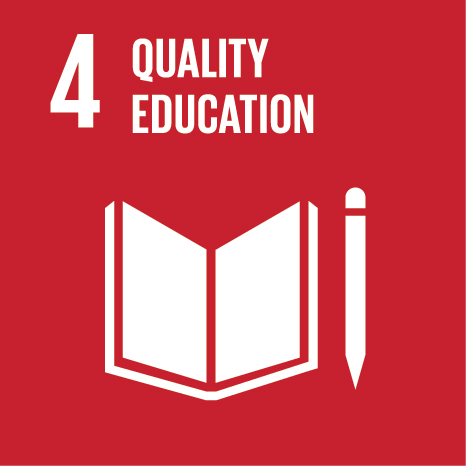 +265(0)111 624 222
+265(0)111 624 222 research@unima.ac.mw
research@unima.ac.mw Chirunga-Zomba, Malawi
Chirunga-Zomba, Malawi
In Becoming Reflexive: Implications for Education
Abstract
In this chapter, we draw on the seminal thoughts of David T. Hansen who takes a different look at cosmopolitanism and makes a cogent case for the notion of a reflexive openness to the self and what is known to the self. Put differently, cosmopolitanism as pursuing a reflexive openness to the self implies that one has to be open and reflexive towards that which is known to one—a matter of performing self-introspection and self-criticism. Only then the possibility exists for one to be open and critical to that which is known to one. Hansen further makes the case that cosmopolitanism is also about enhancing a reflexive openness to that which is still in becoming—an idea that undermines any thought that cosmopolitanism can be completely known. Drawing on Hansen’s reflexive idea of cosmopolitanism, we argue why and how higher educational encounters can become self-reflexive and open to that which remains in becoming. We then analyse how pedagogical encounters manifesting with such an open and reflexive cosmopolitanism can guide education differently.
| Original language | en |
| Pages (from-to) | 105-120 |
| Publication status | Published - 2020 |
UN SDGs
This research output contributes to the following United Nations (UN) Sustainable Development Goals (SDGs)

License
http://www.springer.com/tdmUN SDGs
This research output contributes to the following United Nations (UN) Sustainable Development Goals (SDGs)

License
http://www.springer.com/tdmUN SDGs
This research output contributes to the following United Nations (UN) Sustainable Development Goals (SDGs)

License
http://www.springer.com/tdm